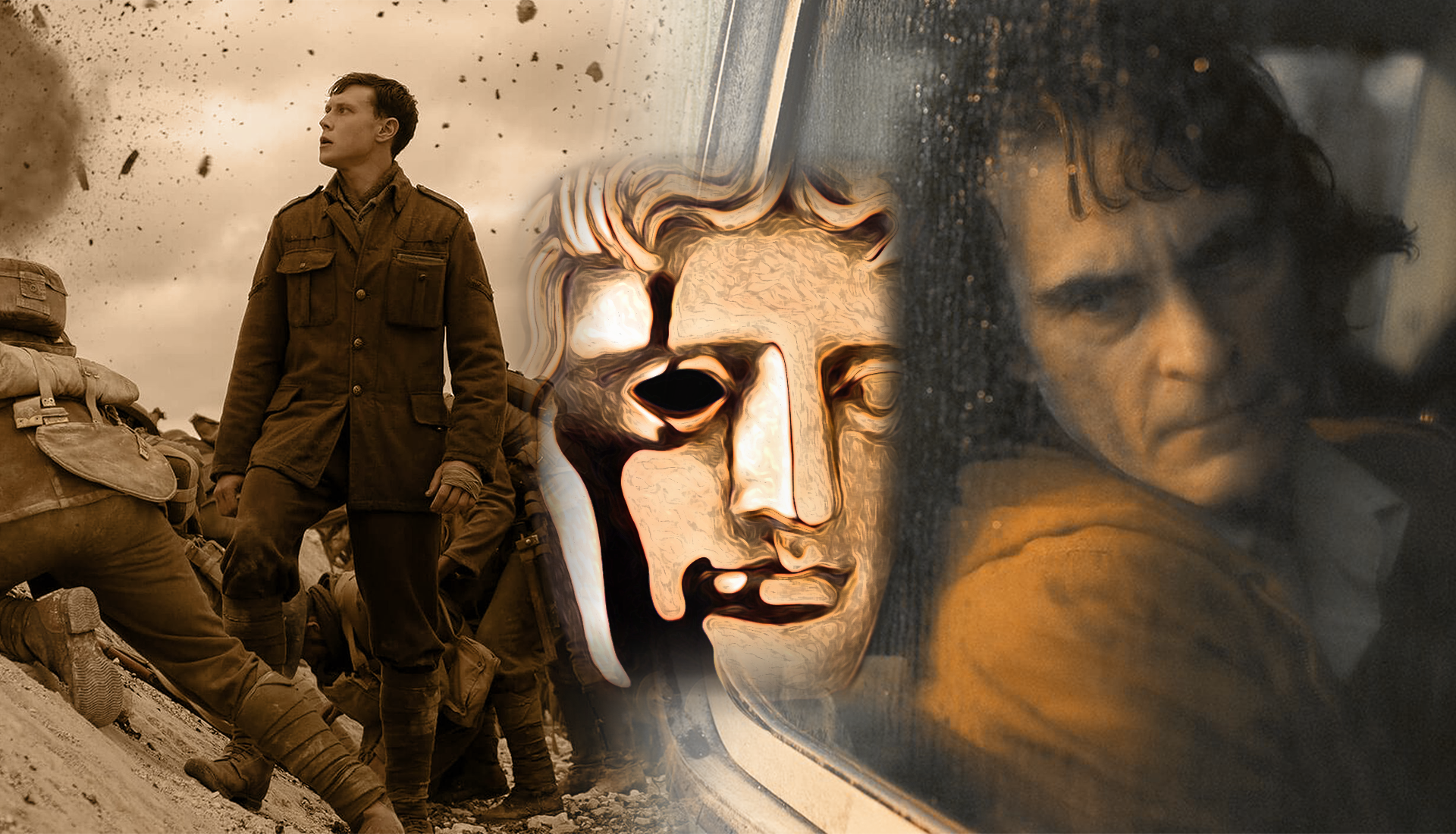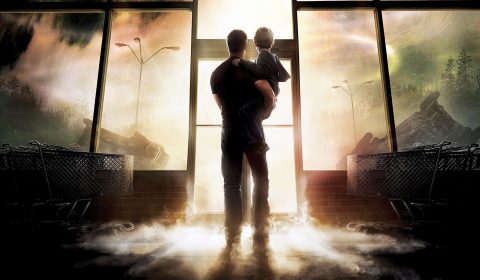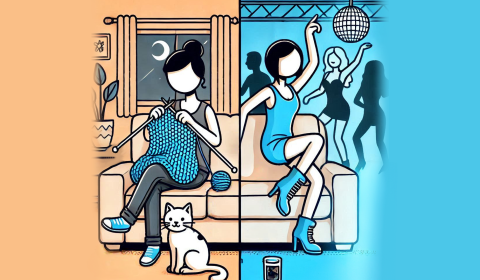The winners of the 73rd British Academy film awards have been announced, and if you’ll pardon the expression, 1917 blew the opposition away.
Following Ricky Gervais’ scathing routine at the Golden Globes last month, it’s safe to say Hollywood’s elite needed their egos massaging a little. Thankfully for them, the annual BAFTAs arrived in the nick of time over the weekend. But, as always with these ceremonies, the celebrations at the Royal Albert Hall were marred by hefty helping of controversy. What would a show biz shindig be without it after all? Here’s the 4-1-1.
The Winners

To the surprise of literally no one, Sam Mendes’ emotive war epic 1917 cleaned up on the night; raking in accolades for ‘best picture’, ‘director’, ‘British film’, ‘sound design’, ‘cinematography’, ‘production design’, ‘special effects’ and ‘make up & hair’. The only surprise is that the many French and German passages didn’t nab Mendes the award for ‘best foreign film’.
Like the Golden Globes, the night’s major acting prizes were again gobbled up by Joaquin Phoenix and Renee Zellweger for their lead performances in Joker and Judy. Al Pacino was shockingly snubbed for his seminal outing as loquacious union activist Jimmy Hoffa (The Irishman), with Brad Pitt getting the nod instead for ‘Cliff Booth’ in Once Upon a Time in Hollywood. As expected, Laura Dern took the prize for ‘best supporting actress’ in Marriage Story.
To the delight of our social media guru Milo, Korean dark comedy Parasite was awarded the best ‘foreign language film’, taking a mask for ‘best original screenplay’ to boot. And Joker made it a hattrick on the night with wins in ‘original score’ and ‘casting’. Having been heavily tipped to win an award throughout January, satirical comedy-drama Jojo Rabbit deservedly took a BAFTA for ‘adapted screenplay’.
Click here for the full list of BAFTA winners.



















